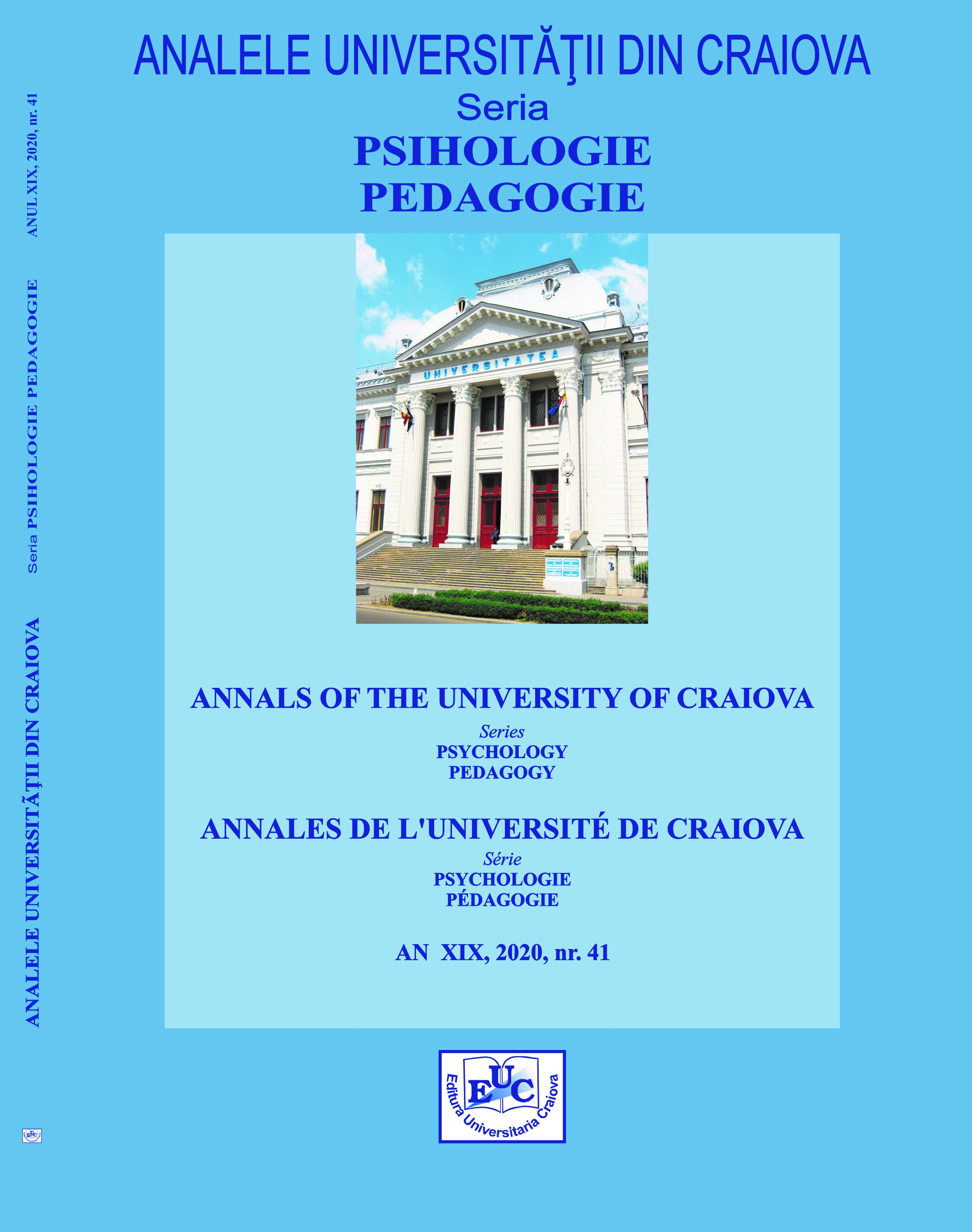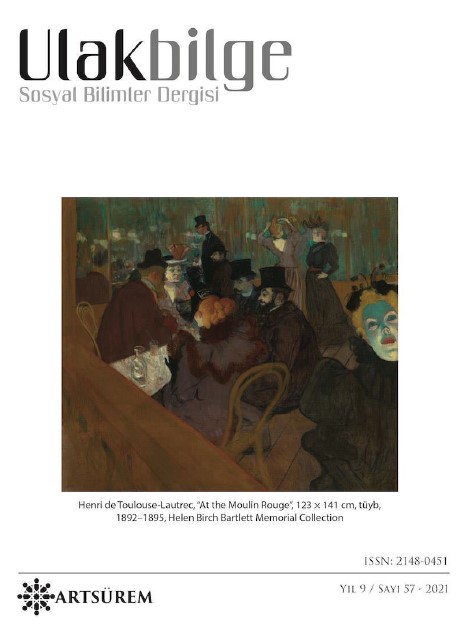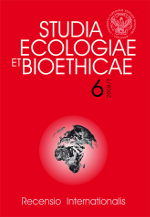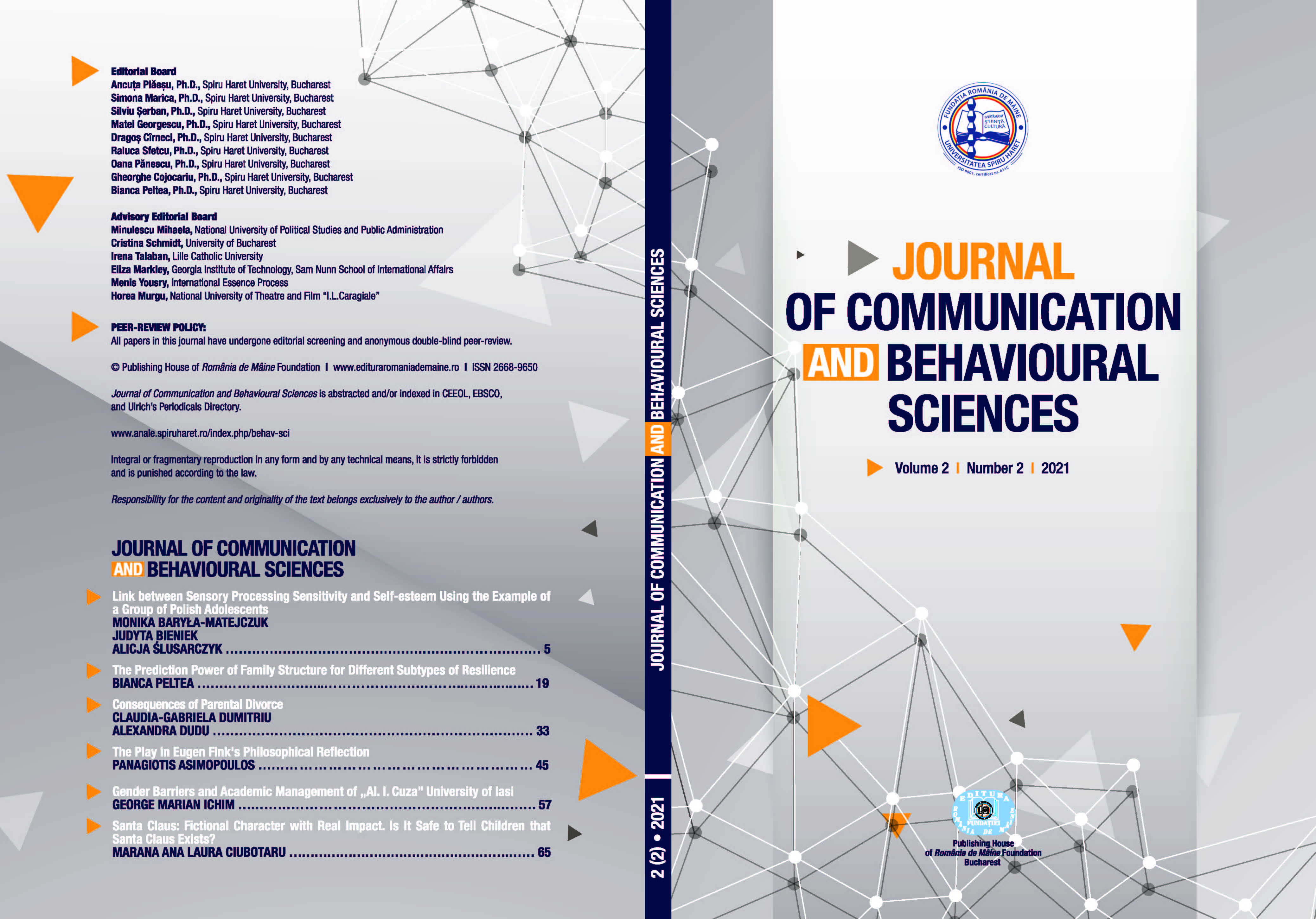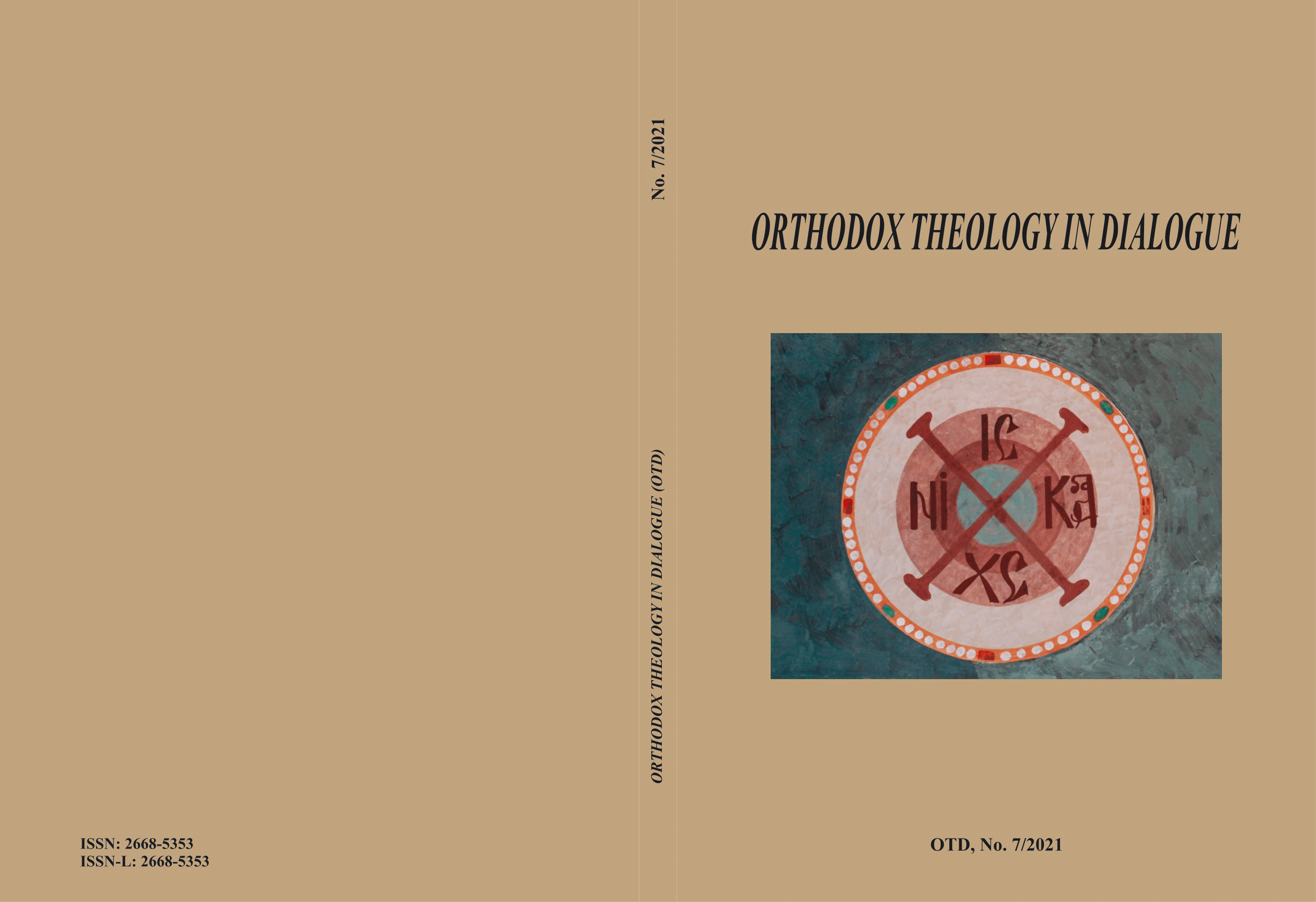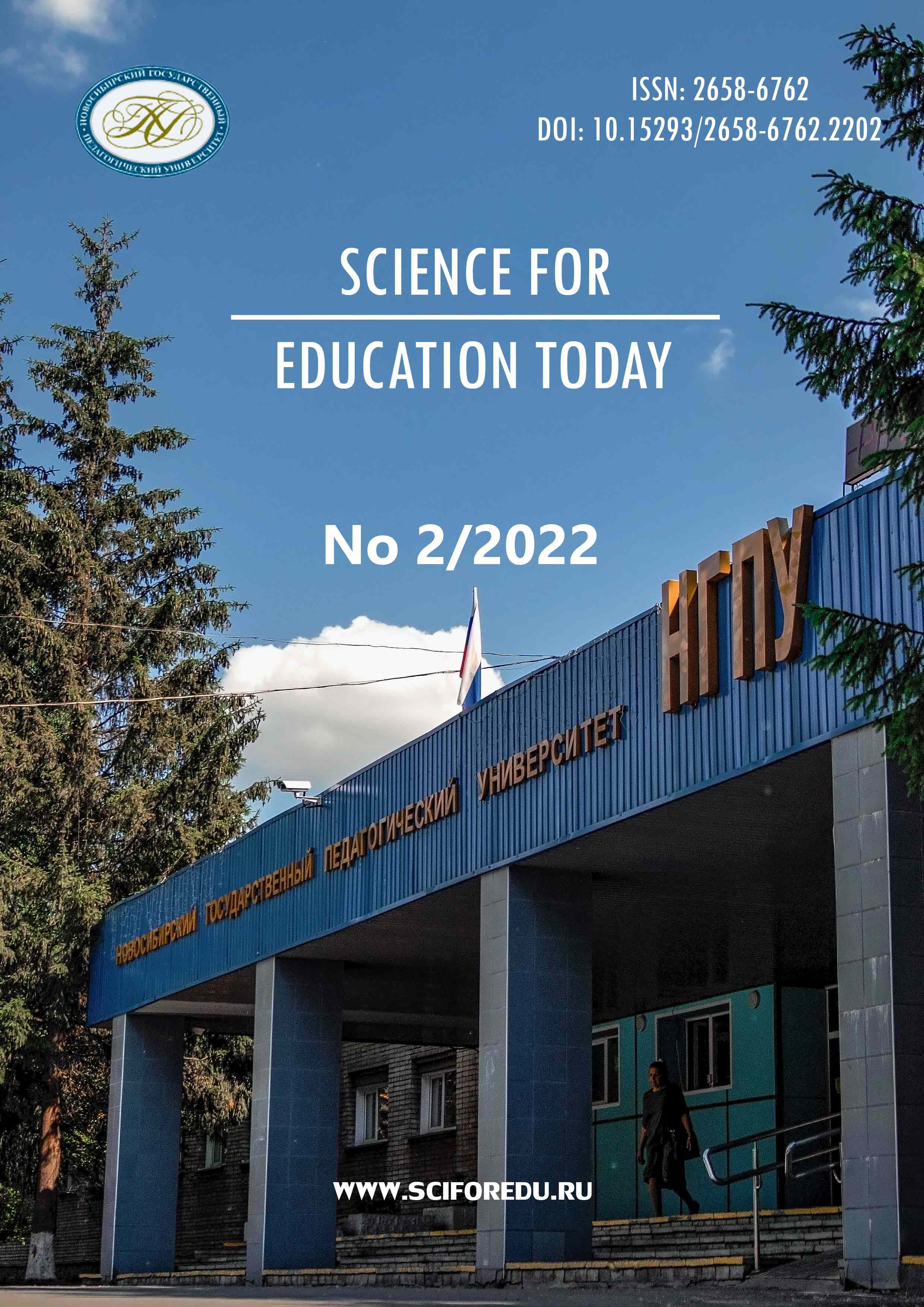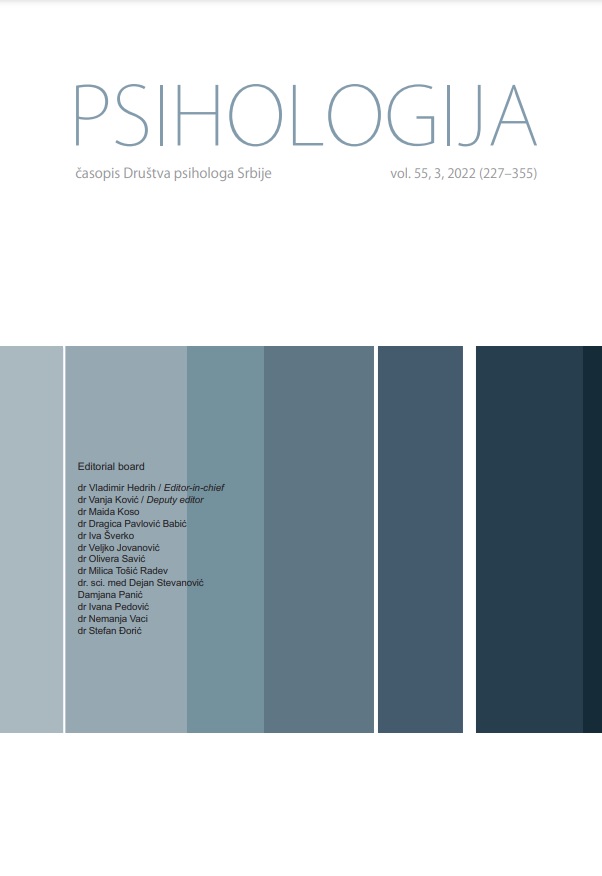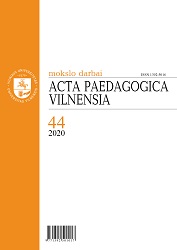
The Psychopedagogical Intervention for the Development of Children’s Spiritual Intelligence: The Quest for the Theoretical Framework
The scientific topicality of this study undergirds the demand for innovative, theoretically and empirically grounded program of psychopedagogical intervention for the development of children’s spiritual intelligence. The task for the spirituality research today is building of scientifically sound definitions, theoretical models and constructs of spiritual development. Currently the terminology in this field is rather vague; guidelines for the application of spiritually oriented terminology in research and intervention practice are missing. The paper aims toward the theoretical analysis of concepts like spirituality, spiritual intelligence and spiritual development as well as toward the description of the theoretical approaches determining the up-to-date research related to phenomena and processes in the field of spiritual development. The authors focus on cognitive-developmental, social ecology and dynamic systemic approach to the theoretical analysis of the spiritual development. Thus, the envisaged psychopedagogical intervention will be grounded on comprehensive investigation in relation to the concepts of spirituality, spiritual intelligence, and spiritual development as well as on determination of targets and methods for the development of spiritual intelligence.
More...
